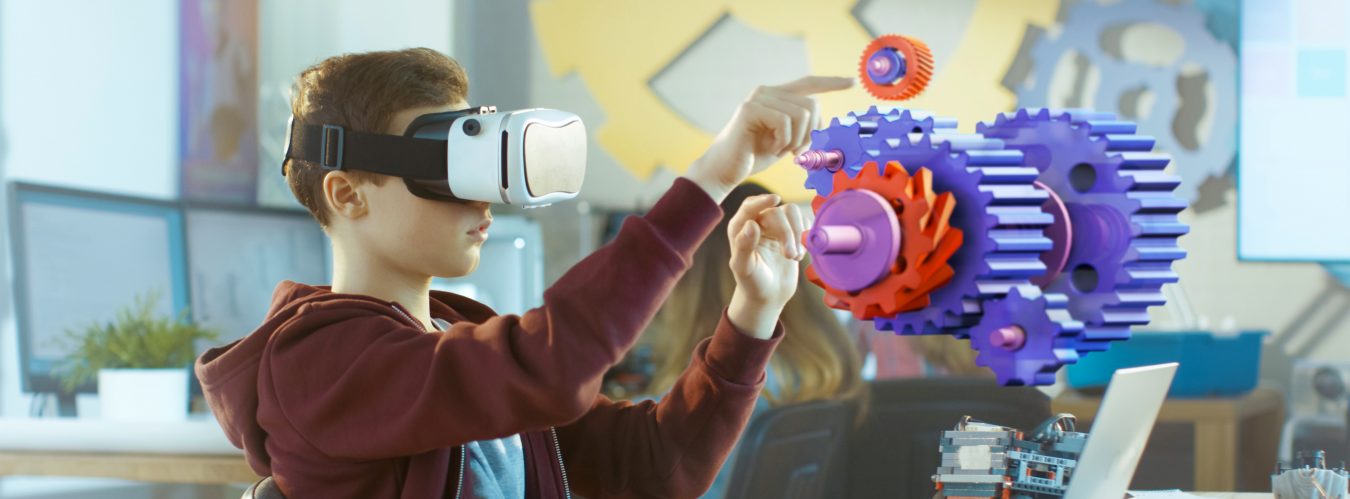“As a technologist, I see how Artificial Intelligence [AI] and the fourth industrial revolution will impact every aspect of people’s lives.”
– Fei-Fei Li , Professor of Computer Science at Stanford University
AI ‘s main goal is to automate routine processes, increasing their speed and performance. AI tools mostly comply with 3 basic principles:
- Learning: Acquiring and processing the new experience, creating new behaviour models.
- Self-correction: Refining the algorithms to ensure the most accurate results.
- Reasoning: Picking up specific algorithms to resolve a specific task.
While most experts believe the vital role of academics is irreplaceable, there will be many improvements to the academic’s role and best practices in education by using AI.
A study published by eSchool News indicates that by 2021, the application of AI in education will be increased by 47.5%. However, it is true that the adoption of artificial intelligence in education is still in its early days. The changes are beginning and will continue.
How can Artificial Intelligence transform learning processes?
Nowadays, technology adoption in education is changing the way we teach, study, and learn. AI is one of the disruptive technologies that could be used by students, academics, and tutors to customise their experience. Here are some key transformations underpinned by AI in education.
Personalised Learning Experience
AI helps find out the student’s level of knowledge, through diagnostic testing. Then, the next step is to develop personalised study plans based on each student’s specific needs and learning gaps. Also, individualised schedules, personalised assignments and suggestions are all part of each student’s unique approach to using AI. In addition, this approach helps students feel special and significantly improve their engagement and raise their interest in studies. There are commercial tools like Articulate Storyline which can help to personalise the learning experience. Storyline works by providing differentiated pathways for students to follow.
Simplify Tasks
An academic can spend a considerable amount of time marking tests and assignments as well as doing administrative work. AI can easily automate these tasks while simultaneously offering recommendations for how to close any knowledge gaps that students may have. Similarly, as AI steps in to automate admin tasks, it gives more time for academics to spend with students and upgrade the quality of the courses. Using the Learning Analytics in VLEs could help the academics to provide a better learning experience to students.
Access for all students
Artificial Intelligence tools can help make global classrooms available to all including those who speak different languages. For instance, Presentation Translator is a free plug-in for PowerPoint. It creates subtitles in real-time for what the presenter is saying.


